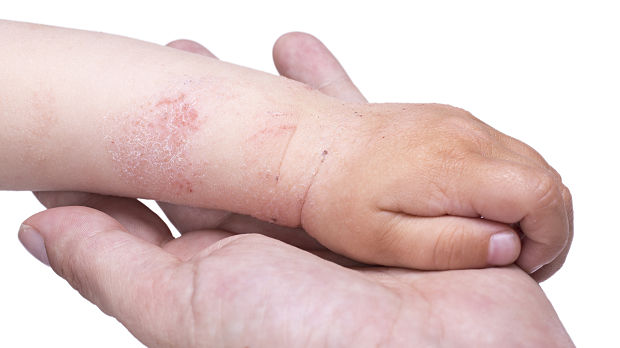While systemic corticosteroids (SCS) are frequently used to treat atopic dermatitis (AD), there are few studies that have examined the safety and efficacy of this practice. A recent review studied the available evidence to summarize the available evidence for using SCSs in AD.
Currently, AAD guidelines for treating AD recommend systemic therapy for persistent, moderate-to-severe AD only after an inadequate response to topical management. There are concerns about side effects such as rebound flaring, adrenal insufficiency, and in children, significant growth retardation. The review identified 52 reviews and 12 studies that specifically included information about efficacy and adverse events (AE).
Based on the review, the authors drew the following conclusions:
• Most data supporting the efficacy of systemic corticosteroids are anecdotal.
• SCSs provide rapid relief from intractable itch in AD, but there is inadequate evidence to guide clinical practice on use and dosing of SCSs.
• The literature supports short-term use of short courses of oral corticosteroids to interrupt acute flares, but rebound flaring is common after discontinuation.
• Use in pediatric AD is not recommended because of growth retardation and other AEs.
Overall, the AAD guideline to use SCSs sparingly, and after other therapies fail is appropriate because of serious short- and long-term side effects and an unfavorable risk-benefit profile. SCSs should be limited to acute, severe exacerbations and use as a bridge to a longer term, steroid-sparing therapy.

